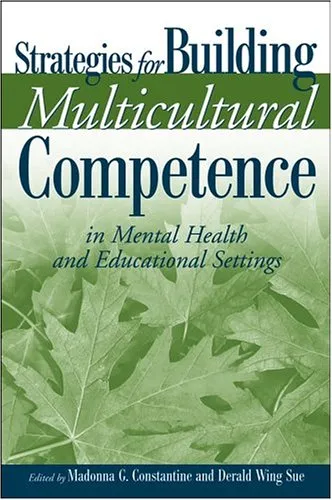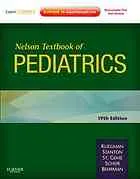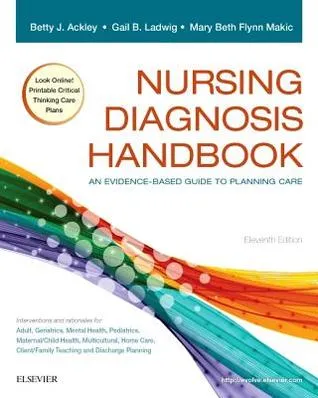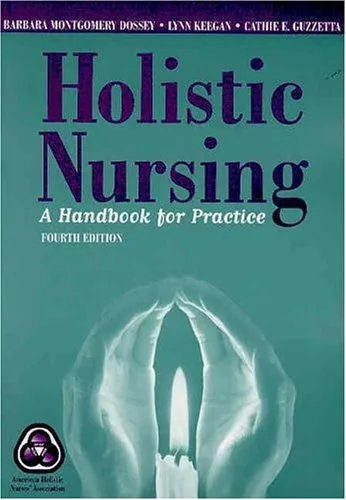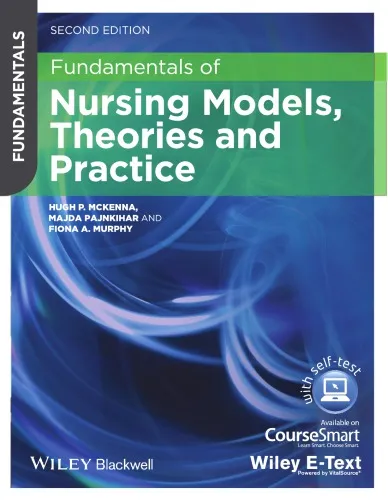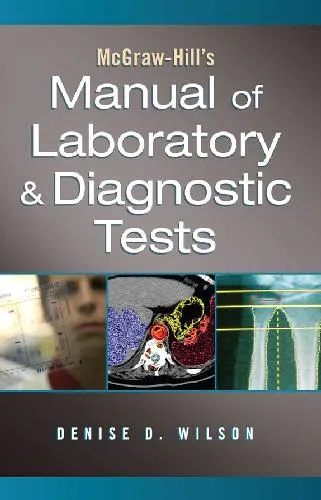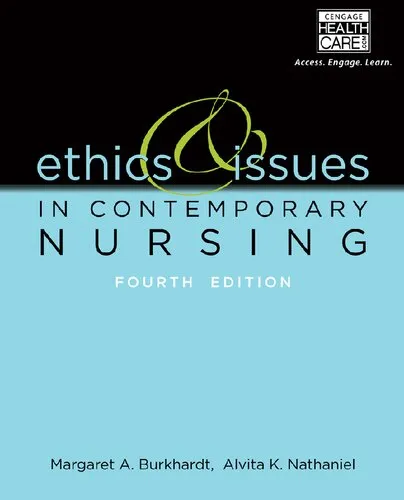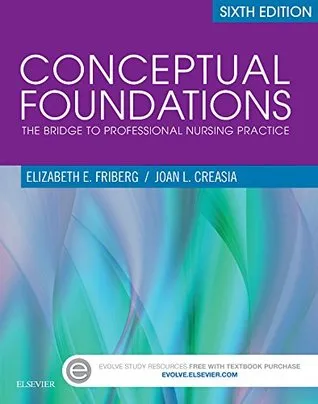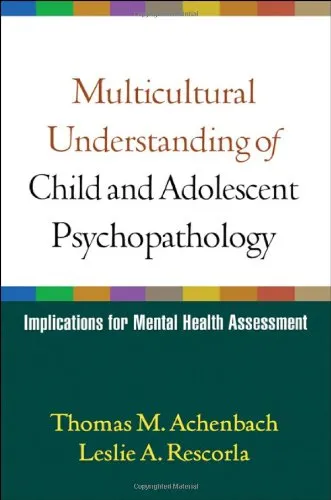Strategies for Building Multicultural Competence in Mental Health and Educational Settings
4.5
Reviews from our users

You Can Ask your questions from this book's AI after Login
Each download or ask from book AI costs 2 points. To earn more free points, please visit the Points Guide Page and complete some valuable actions.Related Refrences:
Introduction to "Strategies for Building Multicultural Competence in Mental Health and Educational Settings"
"Strategies for Building Multicultural Competence in Mental Health and Educational Settings" serves as a critical guide for professionals in mental health, education, and related fields who seek to build meaningful cultural understanding and competence in diverse settings. Written by Madonna G. Constantine and Derald Wing Sue, this book introduces essential frameworks, principles, and strategies that enable practitioners to engage thoughtfully and effectively within multicultural environments.
Detailed Summary
The central focus of "Strategies for Building Multicultural Competence in Mental Health and Educational Settings" is equipping professionals with the knowledge, attitudes, and skills to navigate cultural diversity with sensitivity and effectiveness. The book emphasizes that multicultural competence is not a singular step but an ongoing process of self-awareness, learning, and application of skills that respond to cultural differences and power dynamics. Dubbed as a cornerstone for reflective practice, this work explores the intersection of personal biases, systems of oppression, and systemic inequalities.
Covered extensively are real-world challenges that clinicians, educators, and organizational leaders face in multiethnic and multiracial contexts. The authors employ practical examples, case studies, and theoretical insights to illuminate the interplay between culture and mental health. Emphasis is placed on addressing microaggressions, creating inclusive policies, and ensuring cultural responsiveness in clinical and educational practices. By defining competence as both personal growth and professional practice, the book underscores the necessity of lifelong commitment to social justice and equity.
The book is also heavily grounded in research-based frameworks, drawing upon psychological, sociocultural, and educational theories to bridge the gap between abstract understanding and actionable tools. This wealth of information is structured systematically, making it accessible for entry-level practitioners and seasoned professionals alike.
Key Takeaways
- The necessity of self-awareness in identifying personal biases and privileges as a practitioner.
- How microaggressions impact individuals and create systemic barriers in mental health and education.
- Culturally responsive intervention strategies to address the unique needs of different populations.
- Practical tools for implementing inclusive practices within institutions and organizations.
- The role of advocacy in dismantling systemic inequities and fostering equity in professional spaces.
Famous Quotes from the Book
"Multicultural competence transcends learning about others; it is a commitment to understanding ourselves and how we relate to the world around us."
"Social justice in practice demands that we create environments where all individuals feel seen, heard, and valued."
"To be culturally competent is to be ever-curious about the lives, identities, and experiences others bring to the table."
Why This Book Matters
In today's rapidly evolving, globally interconnected world, cultural competence has never been more crucial – particularly for those in positions of influence and care, such as mental health practitioners and educators. Diverse populations face unique challenges, and it is imperative to create equitable systems that address these realities.
This book matters because it does not merely outline what cultural competence is; it offers clear, actionable steps to achieve it. By combining theoretical depth with hands-on strategies, Constantine and Sue provide a resource that serves as both a reflection tool and a roadmap for transformation.
Ultimately, the book underscores the moral and ethical responsibility to respect and nurture diversity in all professional interactions. Its influence extends beyond individual work, advocating for systemic change that promotes inclusivity and justice for generations to come.
Free Direct Download
You Can Download this book after Login
Accessing books through legal platforms and public libraries not only supports the rights of authors and publishers but also contributes to the sustainability of reading culture. Before downloading, please take a moment to consider these options.
Find this book on other platforms:
WorldCat helps you find books in libraries worldwide.
See ratings, reviews, and discussions on Goodreads.
Find and buy rare or used books on AbeBooks.
1250
بازدید4.5
امتیاز0
نظر98%
رضایتReviews:
4.5
Based on 0 users review
Questions & Answers
Ask questions about this book or help others by answering
No questions yet. Be the first to ask!
